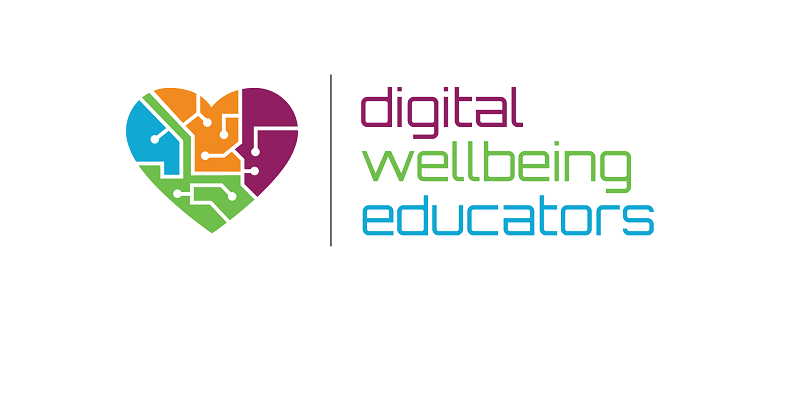Digital communications, smartphones and social media have transformed the way students and young people communicate and increasing evidence shows the benefits to learning outcomes when digital pedagogic strategies are used effectively. However, it is increasingly evident that the online space is not benign: peer pressure, cyber-bullying, oversharing of personal information can all cause significant problems, inhibiting a young person’s development as a confident online learner and citizen. Even greater concerns exist regarding the vulnerability of young people to being encouraged to express negative attitudes and behaviours, linked to exclusion and intolerance, and the route to radicalization and incitement to violence.
While debate continues about whose job it is to regulate the online space, we are convinced that Higher Education Institutions and the wider education sector have a role to play in equipping our students to manage their online lives, both as a means of ensuring their personal wellbeing and also ensuring that that have the digital competencies required for future career success. Through Digital Wellbeing we will build our capacity to better teach students the critical thinking, media literacy and interpersonal/intercultural communication skills that they need to flourish online.
Digital Wellbeing Educators has a clear objective: increase the capacity of lecturers and teachers to integrate digital education in a way that promotes the digital wellbeing of students. Through building teacher capacity, the project will improve students’ abilities to manage their online time, make the most of digital learning, critically assess the media they consume and create, and become responsible, confident digital citizens.
Find out more about this project on the website, the Facebook page and the LinkedIn Group.

